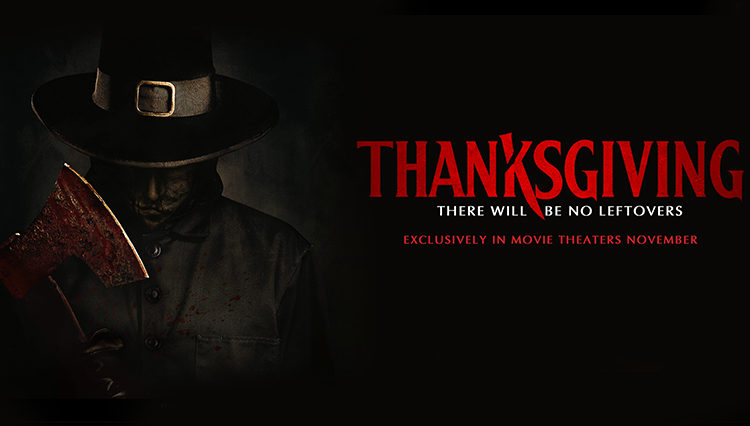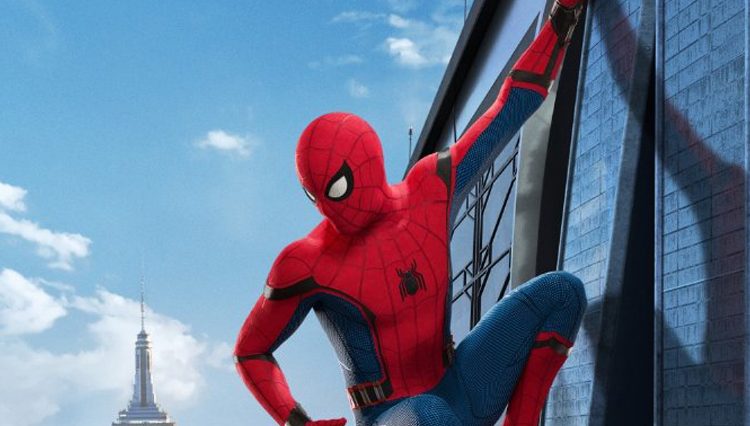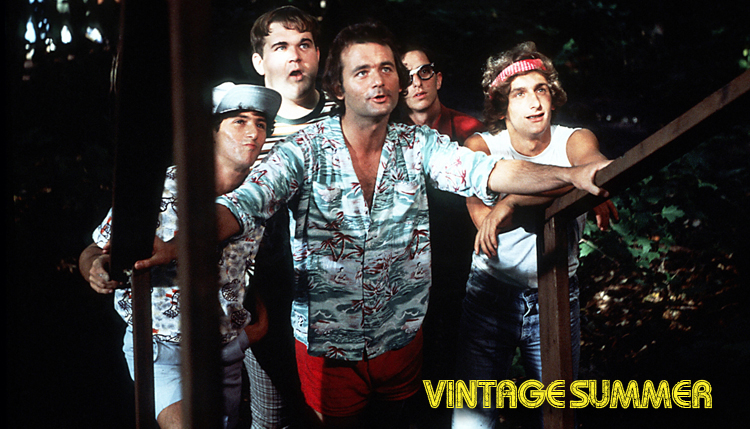
“Even if we play so far above our heads that our noses bleed for a week to ten days; even if God in Heaven above comes down and points his hand at our side of the field; even if every man woman and child held hands together and prayed for us to win, it just wouldn’t matter because all the really good looking girls would still go out with the guys from Mohawk because they’ve got all the money! It just doesn’t matter if we win or we lose. IT JUST DOESN’T MATTER!”
Meatballs, 1979 (Bill Murray) Paramount Pictures
In the “honeymoon” period following the astounding box-office success of National Lampoon’s Animal House, director John Landis was given a two-year contract at Universal Pictures, Matty Simmons was offered a development deal, and numerous studio executives (who initially rejected the project) gave themselves big fat pay raises and promotions. Ivan Reitman worked on the picture for two years, stewarding the script, and producing the movie. All he was given was a first-look opportunity for any project he could bring to Universal. Reitman had produced a couple of horror films for David Cronenberg and worked at Second City Toronto before producing Animal House. He brought Meatballs to Universal with the intention to direct but he was turned down. Ivan Reitman was a guy who always wanted to direct, but he wasn’t given the opportunity and, at the time, nobody had any respect for the producer.
Gathering up the financing himself, the movie was shot as a “negative pick-up,” meaning it would be sold to the highest-bidding studio after completion. Working from a script by Len Blum, Janis Allen, and Dan Goldberg, Reitman reasoned he could get Bill Murray involved if he brought in Harold Ramis to do a script polish. With Ramis padding the part of Tripper and making him more prominent in the movie, Murray joined the production. What is the magic of Meatballs? When we got our first VCR in 1985, I rented this movie constantly. Our first rental membership was at Green’s Drug Store in Society Hill, Philadelphia. Before there were any video stores, there were drug stores, and Green’s had the videos. After that, it was Society Hill Video and TLA Video, but for early 1985, it was Green’s. You rent the movie for a day or more, you return it (or you even call if you want to keep it for a longer amount of time) or you go in and rent it out for another day. Meatballs was one of those movies. Stripes. Amadeus. Pee-Wee’s Big Adventure. It was a wonderful time.
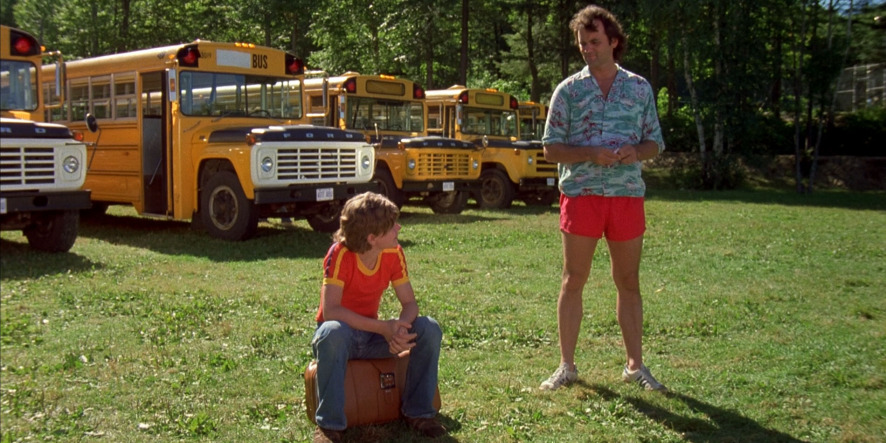
Meatballs I still can’t figure out. It could’ve been that I related to Chris Makepeace’s character, the shy introvert Rudy Gerner, who Bill Murray’s Tripper befriends and bonds with, and how I wished there was a strong male figure in my life who could operate either as my surrogate father or “dirty” Uncle, I don’t know. I would wish and dream for a person like that in my life — somebody who cared and stuck around. Bill Murray is a goofy entity, but he’s not jarring, and that’s why he can carry this movie completely. That’s why he can carry so many movies. He’s such a real person that it comes through even in something as pedestrian as a harmless summer camp comedy for kids. The closest comparison for me would be Paul Giamatti — a big star who can make you believe in him as a real person. It is possible to do that, but only for a select few. The bulk of the movie is composed of summer camp ambience with scenes interspersed throughout detailing the relationship of Tripper with this kid and it works! It absolutely works, when it should have no business working in any way.
It’s almost as if there was no script, and Reitman simply turned on the camera when it started getting interesting. Bill Murray and Chris Makepeace make this rudimentary story work. While Murray works with the kid, he romances the hesitant Roxanne (Kate Lynch) and this is when you realize his approach to Rudy is not all that different from his approach to the girl. When they first meet, Murray sizes him up quickly, and says, “You must be the short depressed kid we ordered.” This is just the way he interacts with people. Not just in Meatballs, but P.J. Soles in Stripes, or Sigourney Weaver in Ghostbusters. This is Bill Murray’s thing. He provides support, confidence, and sometimes lecherous attention to the heroes around him, and he’s happy to do it. Ivan Reitman was able to capture the actor and the characters he played, which were basically fictionalized extensions of Bill Murray. There’s something more happening in Meatballs than a silly, harmless comedy. The idea is that you have a camp full of (loosely defined) “losers,” Camp North Star, and another camp of (again, loosely defined) “winners,” Camp Mohawk.
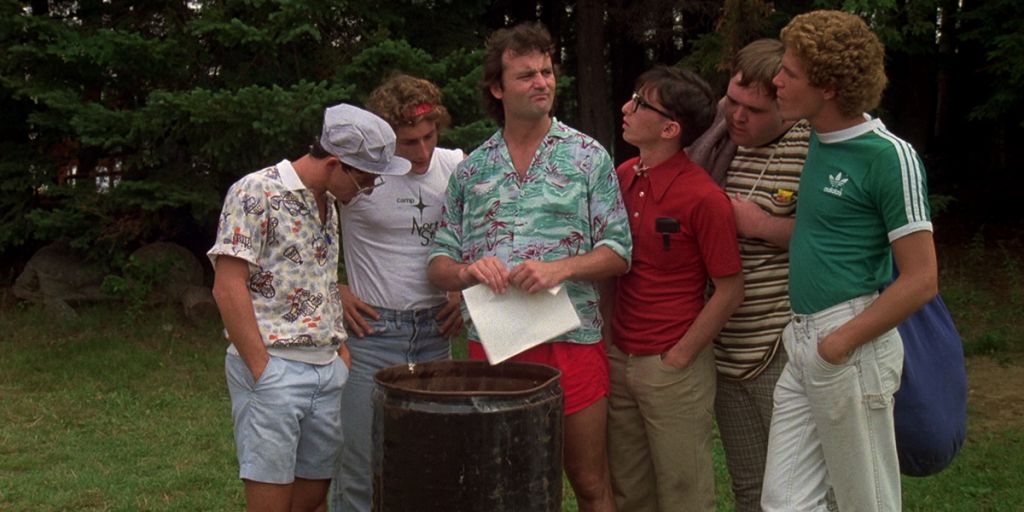
The losers do battle with the winners in the form of an “Olympiad,” a series of pre-programmed competitions such as potato sack races, hot dog eating contests, swimming, baseball, and basketball. After Tripper gives his version of a “pep talk,” for some reason, this inspires North Star to handily defeat Mohawk with the help of long-distance runner Rudy who becomes the movie’s hero. Even as Tripper encourages Rudy, the kid encourages him to pursue a serious relationship with Roxanne, which he eventually does. According to Reitman, the movie was cut down to the bone with the best, funniest material. The cut ran some 65 minutes, so Reitman grabbed Murray and Makepeace and shot two extra days and 25 minutes of additional footage when he realized what audiences cared about was the relationship between Tripper and Rudy. Meatballs was Canada’s highest-grossing film for a time, and Reitman became one of the most sought-after directors of comedy in the ’80s and ’90s.


